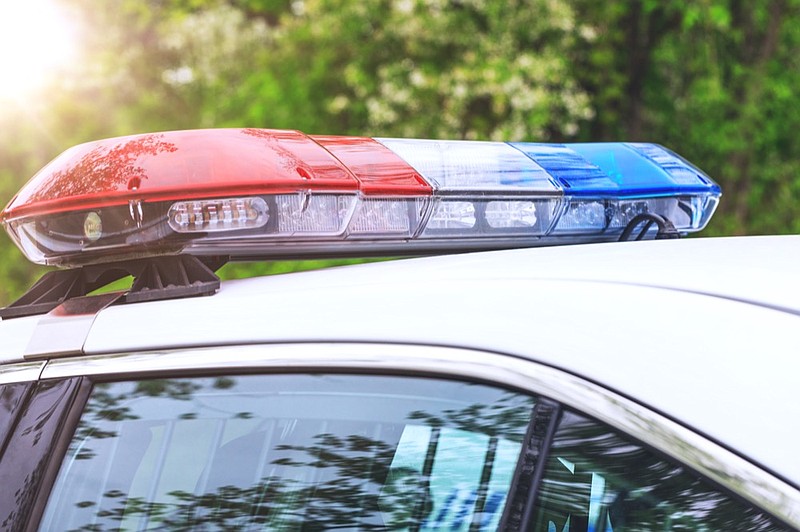For a lot of employees, if they get any regular on-the-job training at all, the experience feels a little like that classroom scene in the 1980s film "Ferris Bueller's Day Off": A monotone presenter, a classroom full of people feeling as though they've done this a hundred times before and dreading another day of it, a lot of talk about important stuff presented in rather boring fashion.
A better training experience is one that holds employees' attention and deals not with bookish experiences that hardly ever come about, but with real-world situations where knowledge of how to respond can make a serious difference.
Back to a Hollywood example: In Ron Howard's "Apollo 13," astronauts training for a rocket trip to the moon sit inside a command module replica, safely on the ground, while NASA crews feed them space flight scenarios. It's a process they've all gone through time and again, but the trainers throw an instrumentation error into the mix just to test the astronauts' reactions. It feels quite real and leads to serious tensions as the astronauts attempt to make adjustments.
In Northwest Arkansas, law enforcement agencies are venturing deeper into real-world scenario training for their officers using new technology not unlike what many kids and adults are using for entertainment in their homes.
For decades, law enforcement officers have been able to go through specialized training using big screens and somewhat realistic video-based challenges. In some cases, the training was limited to use of deadly force. In a recent interview with Fayetteville Police Chief Mike Reynolds (Speaking of Arkansas podcast, nwaonline.com/423soapolice), he recalled as a young officer how he'd go through the training once, then return for a new round months later only to find the scenario presented was exactly the same as before. Technology has changed a lot since then.
In Fayetteville, where Reynolds' agency just moved into a new headquarters, and at the Rogers Police Department, officers will use virtual reality headsets that immerse officers into situations they are likely to face when they're out on the streets doing their jobs. As officers (more than one can be involved in responding to the "police call") interact with virtual members of the public, trainers can make adjustments in the scenario based on how the officers respond.
A similar system is coming for officers in Van Buren, too.
Technology is cool, but the real attraction for law enforcement leaders is the breadth of the training these systems make available. Reynolds said a scenario may be as simple as approaching a motorist and going through the process of issuing a citation -- no violence, but a critical opportunity to observe an officer's demeanor and educate him or her on the agency's expectations for how officers conduct themselves in a professional manner.
The training can also include putting all-important de-escalation techniques to work in tense situations.
"Not every situation we respond to is a guns-drawn Hawaii Five-0 type thing," Don Lisi, a training officer in Rogers, recently told a Democrat-Gazette reporter. "It's we show up, somebody's having a crisis and we have to put together the puzzle pieces on the fly and be able to determine how can we help this person."
These sorts of systems will help officers train with something they witness on every call: nuance. Few calls are ever exactly the same as what officers have experienced before. The opportunity to see changing dynamics in a training scenario will undoubtedly translate into stronger evaluation by officers about the right steps to take.
Reynolds noted his department will be able to take real-life scenarios one or two officers experience and customize training scenarios for all officers using those details. The technology will help reinforce the culture law enforcement leaders continually try to instill in their departments, he said.
The end result should be officers who are more prepared than ever with the best alternatives in the ways to respond out on the streets. It certainly makes sense that such officers will be conditioned not to over- or underreact.
Policing is an incredibly difficult job, made more so by the proliferation of guns and even attitudes among some folks that the police are the enemy.
These investments in officers and the technology to keep them on their toes, ready to face the mundane and the unexpected during their shifts, will serve communities well.
More News
NoneWhats the point?
Technological advances are giving some law enforcement agencies a chance to keep their officers on-the-street skills sharper than ever.

